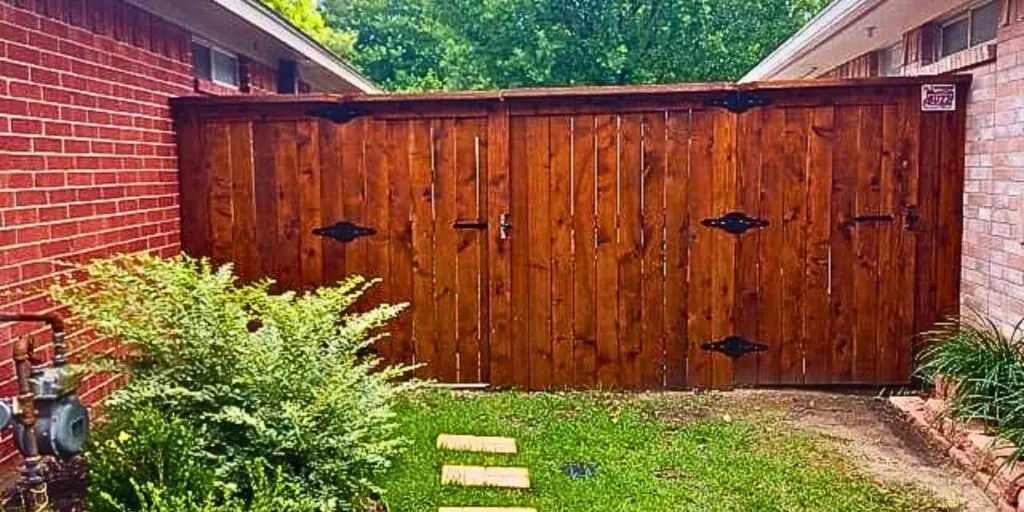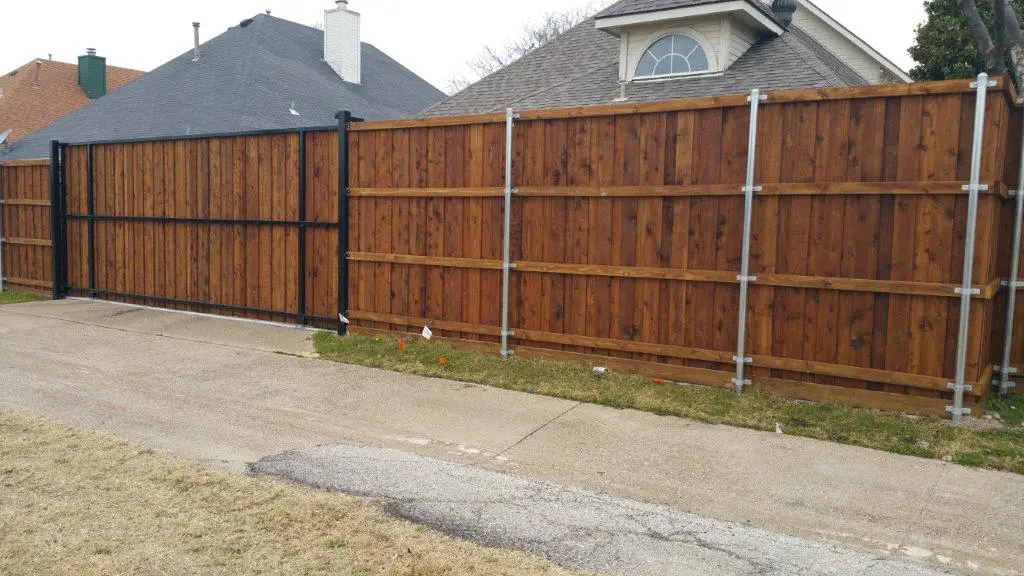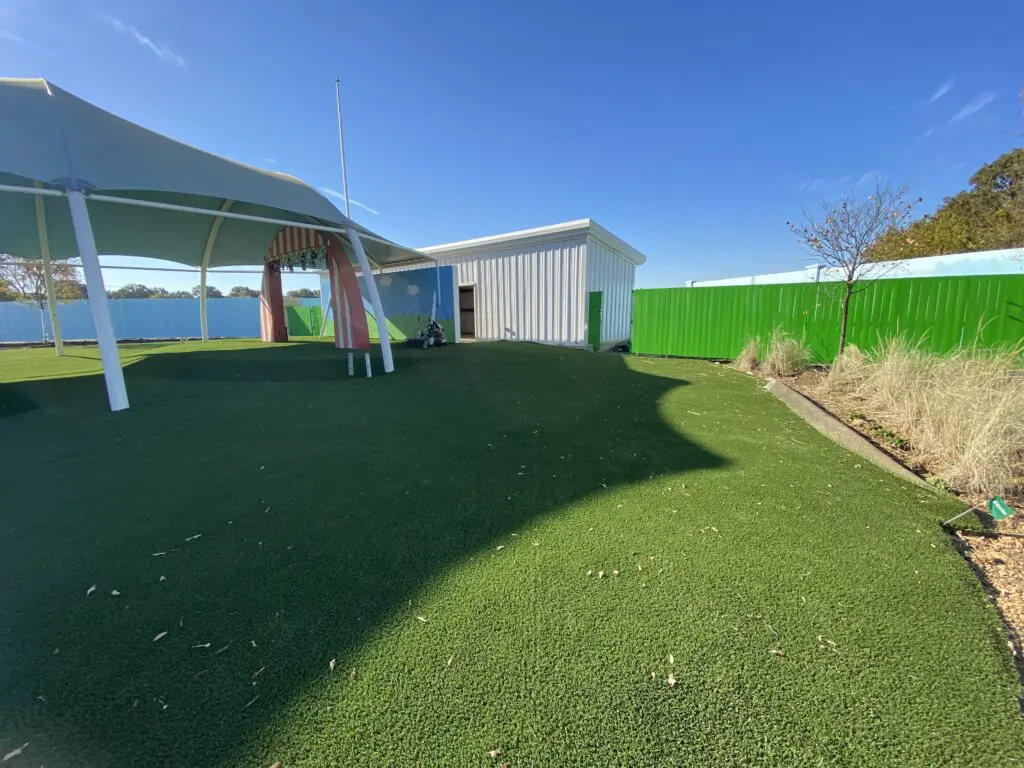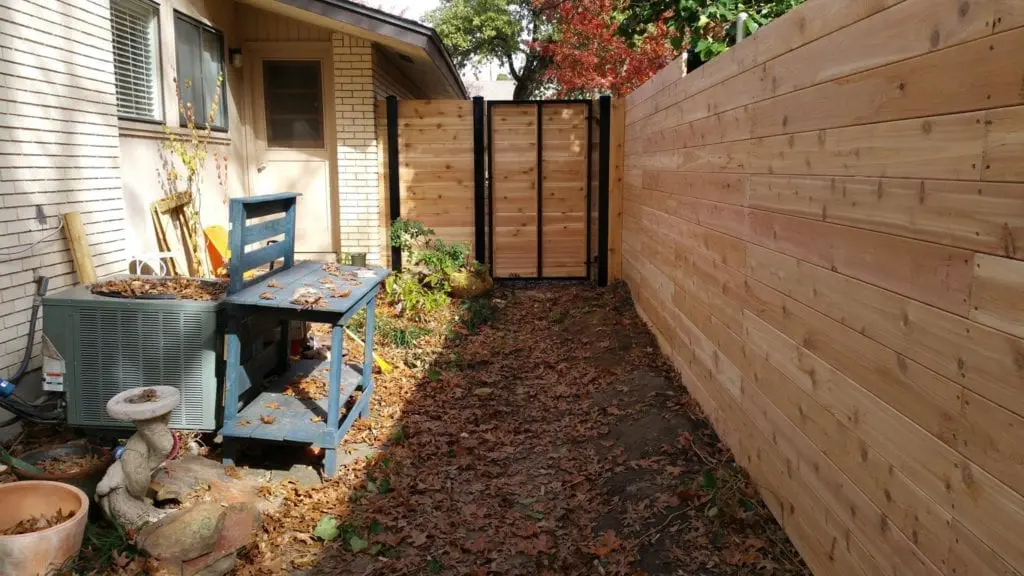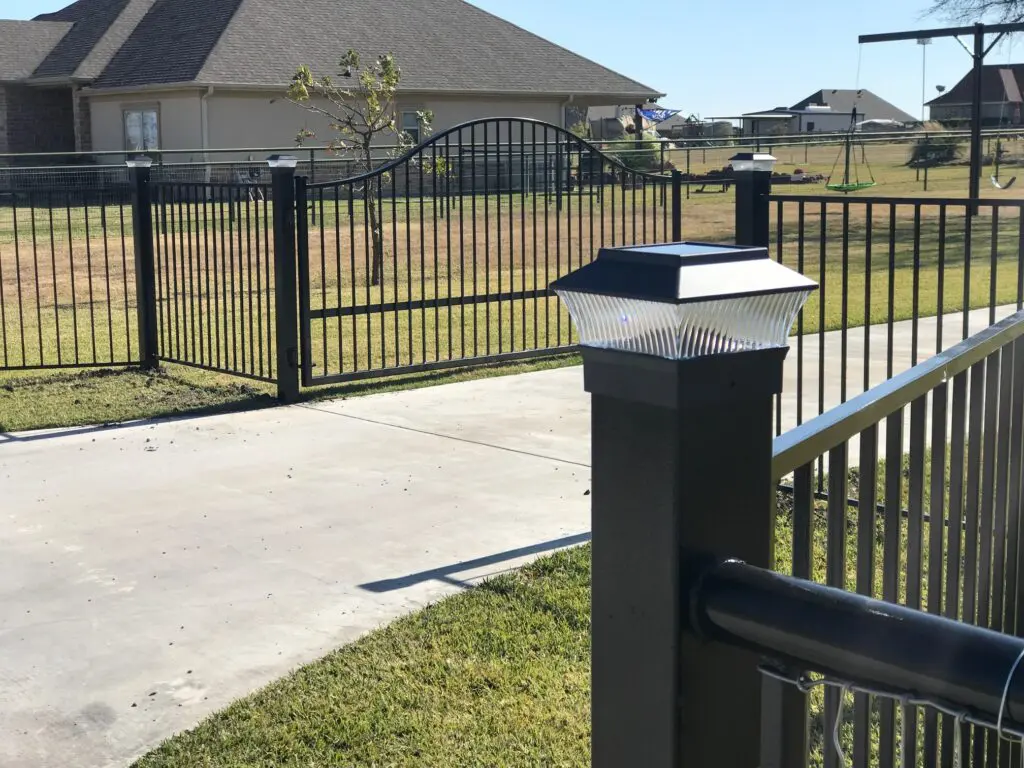Choosing the right fencing material for your residential property is an important decision that can impact your home’s security, privacy, and curb appeal. With various options available, it can be challenging to determine which material best suits your needs. In this guide, we’ll compare popular choices: metal and wood fences. We’ll explore their durability, maintenance requirements, cost, aesthetic appeal, and installation process to help you make an informed decision.
Comparing Metal Fences
When deciding between different types of fences, it’s essential to understand the different types available and their unique advantages.
Types of Metal Fences
Metal fences can be made of various materials, including aluminum, steel, and wrought iron. Here’s a closer look at types of metal fencing options and their advantages:
Aluminum Fences
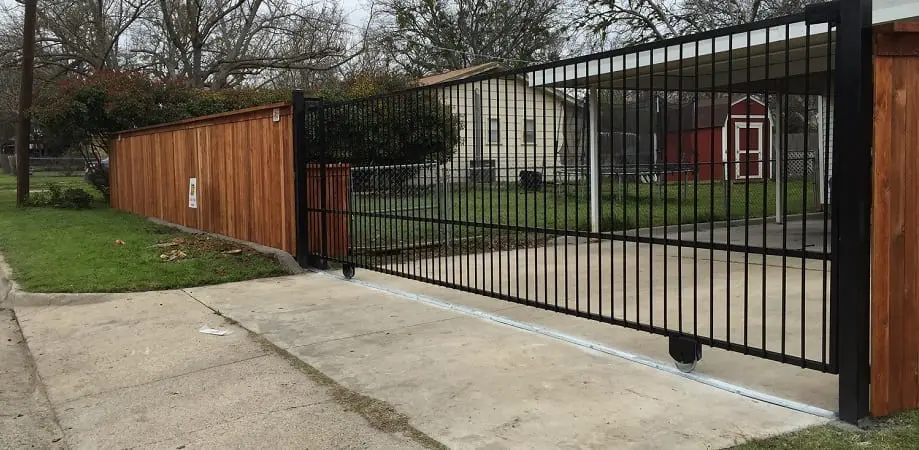
- Durable and rust-resistant
- Available in a variety of styles, heights, colors, and finishes
- Low-maintenance and affordable
- Ideal for pool enclosures, gardens and boundary fencing
Wrought Iron Fences also known in today’s industry as Ornamental Iron
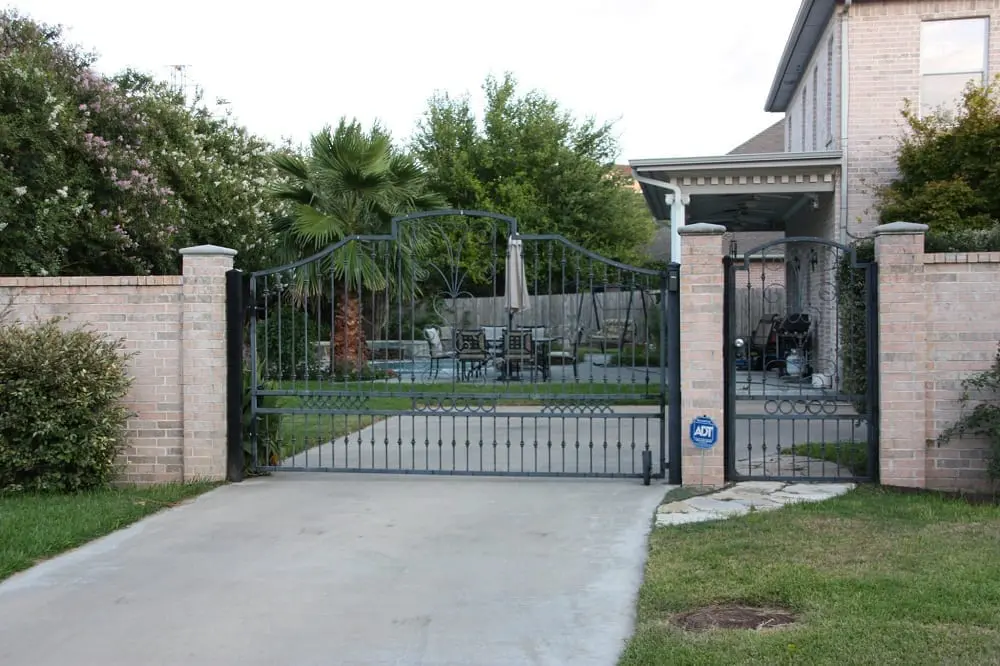
- Classic and elegant appearance
- Can be customized with intricate designs and patterns
- Extremely durable and long-lasting
- Requires some regular maintenance to prevent rust and ensures its appearance for years to come
Chain Link Fences
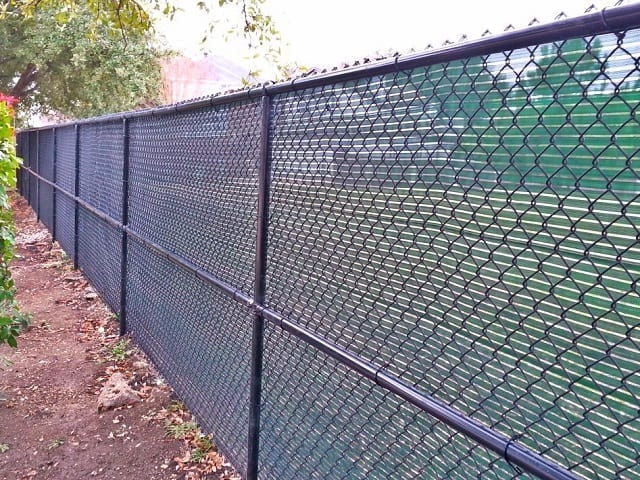
- Economical and practical
- Provides excellent visibility and airflow
- Available in black vinyl coated as well as the classic galvanized gray
- Low-maintenance
- Often used for sports facilities, schools, industrial sites, and large properties
Types of Wood Fences
Wood fences offer a warm, traditional look that can complement various architectural styles. They are available in several options, such as pine, cedar, and redwood (specific to your area). Here’s a closer look at wood fencing options and their advantages:
Pine Fences
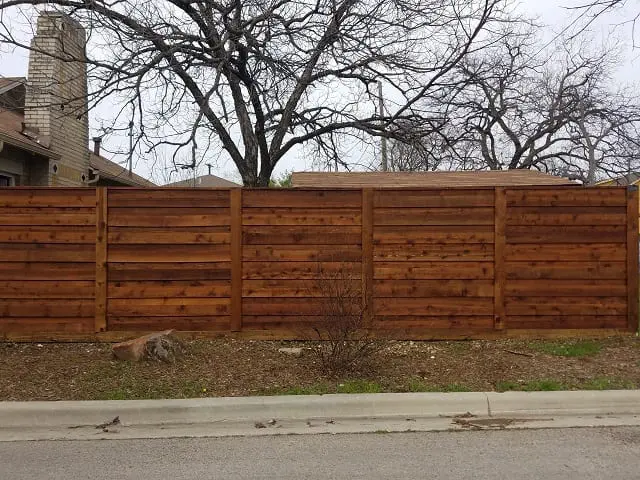
- Readily available and affordable
- Can be pre-treated or painted to improve durability and longevity
- Suitable for picket fences, privacy fences, and post-and-rail fences
Cedar Fences
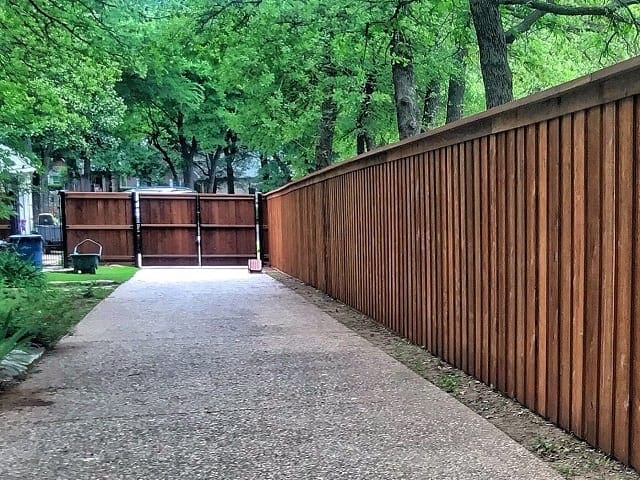
- Naturally resistant insects and premature decay
- Offers a beautiful, warm, and rustic appearance
- Stains beautifully allowing the natural appeal of the lumber to show through
- Weathers to a silver-gray color over time if left unstained
- Ideal for privacy fences, picket fences, and horizontal fences
Redwood Fences (only available in certain regions)
- Highly resistant to shrinking, warping, and splitting
- Contains natural oils that repel insects and moisture
- Offers a rich, luxurious appearance
- More expensive than other wood options
When selecting the type of fence for your property, consider factors such as your budget, desired aesthetic, maintenance requirements, and the fence’s intended purpose. Consulting with a professional fencing contractor like Buzz Custom Fence can help you make an informed decision based on your specific needs and preferences.
Durability and Maintenance
When investing in a fence, it’s important to consider its longevity and the maintenance required to keep it in top condition.
Metal Fence Durability
Metal fences are known for their exceptional durability. They can withstand harsh weather conditions, such as wind, rain, and snow, without warping, rotting, or splintering. Additionally, metal fences are impervious to pests like termites and carpenter ants, which can cause significant damage to wood fences if left undetected.
With proper installation and minimal maintenance, metal fences can last decades. Aluminum and steel fences are particularly long-lasting, with some manufacturers offering warranties of up to 20 years or more. Meanwhile a more budget friendly way to protect pets and gardens is the chain link fence with an expected life of over 25 years.
Wood Fence Longevity
The lifespan of a wood fence depends on several factors, including the type of wood used, the quality of installation, and the level of maintenance provided. On average, a well-maintained wood fence can last between 15 to 20 years.
Wood fences are susceptible to weather and pest damage. However, some, like cedar and redwood, are naturally resistant to decay and insects, making them excellent choices for long-lasting fences. These woods contain natural oils and tannins that help protect them from the elements.
Proper care and treatment can extend their lifespan. Regular staining, painting, and sealing can protect the wood from moisture, UV rays, and insect infestations. However, even with proper maintenance, wood fences may require more frequent repairs and replacements compared to metal fences.
Maintenance Requirements
Metal fences generally require less maintenance than wood fences. Occasional cleaning with soap and water, along with touch-up painting, can keep metal fences looking fresh for years. In contrast, wood fences demand more frequent upkeep, including staining or painting every few years and replacing damaged boards as needed.
Cost Comparison
Cost is a significant factor when choosing between metal and wood fences. While metal fences may have a higher upfront cost, they may provide long-term savings due to their durability and lower maintenance requirements. Wood fences, on the other hand, are typically less expensive initially but may incur more costs over time due to repairs and replacements.
Installation Considerations
Installing a fence can be a complex process, and the challenges vary depending on the material chosen. Fence often requires professional installation due to the need for precise measurements, post-hole digging, and concrete anchoring.
FAQs
Are metal fences cheaper than wood?
Initially, metal fences may be more expensive than wood, but they may provide long-term savings due to their durability and low maintenance requirements.
What are metal fences made of?
Metal fences can be made from aluminum, steel, or wrought iron, each offering unique advantages in terms of strength, durability, and aesthetic appeal.
Are metal fences worth it?
Metal fences can be a worthwhile investment for homeowners seeking a durable, low-maintenance, and secure fencing solution that can withstand harsh weather conditions and pest damage.
Making the Right Choice for Your Home
When deciding between metal and wood fences, consider your lifestyle, budget, and aesthetic preferences. Metal fences offer exceptional durability and minimal maintenance while wood fences provide a warm, traditional look at a lower upfront cost.
Consulting experts at Buzz Custom Fence can help you weigh the pros and cons of each material and help you design the best fence for your home. With their expertise and guidance, you can ensure that your new fence not only meets your functional needs but also enhances your property’s overall appeal and comes within budget.
Contact Buzz Custom Fence today for a free, no-obligation installation estimate.

